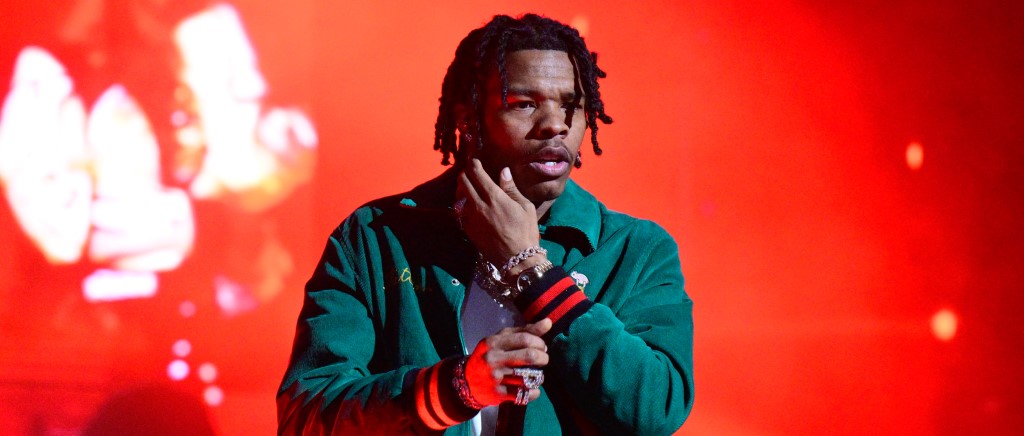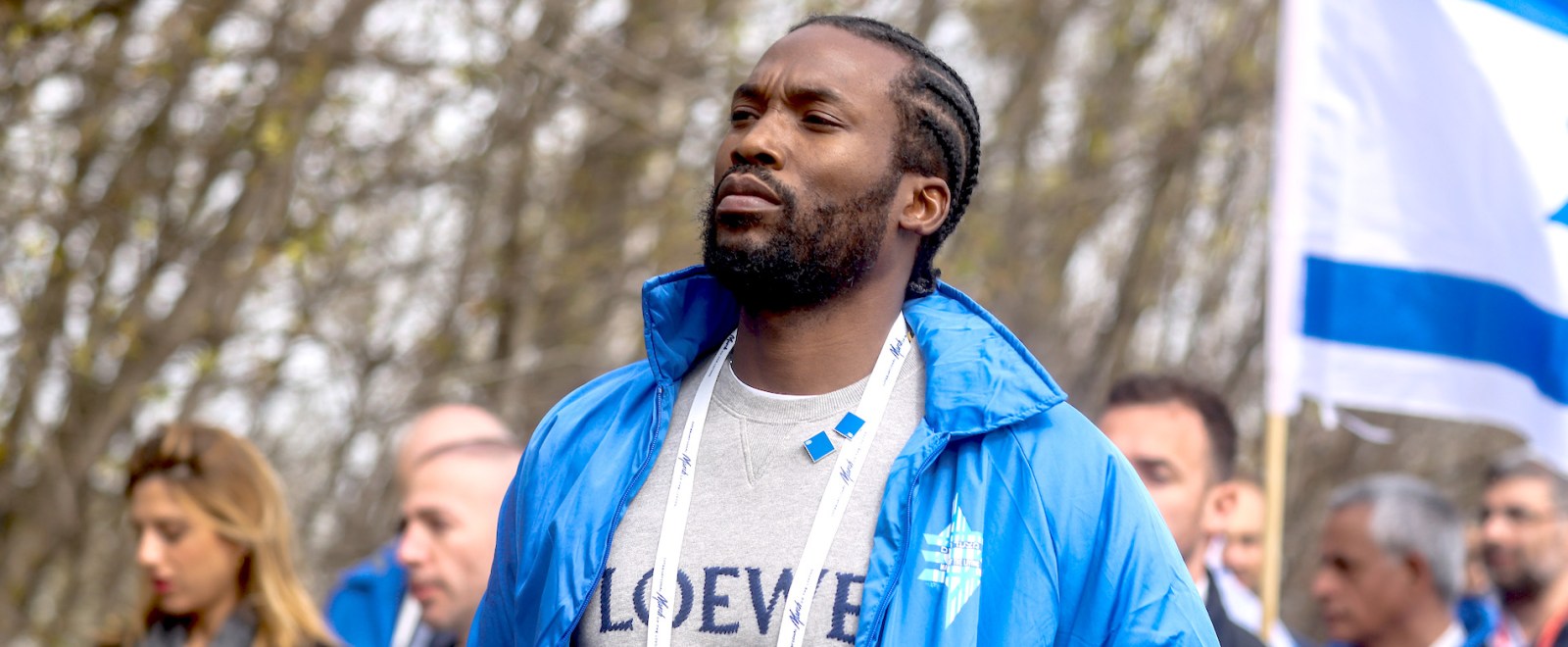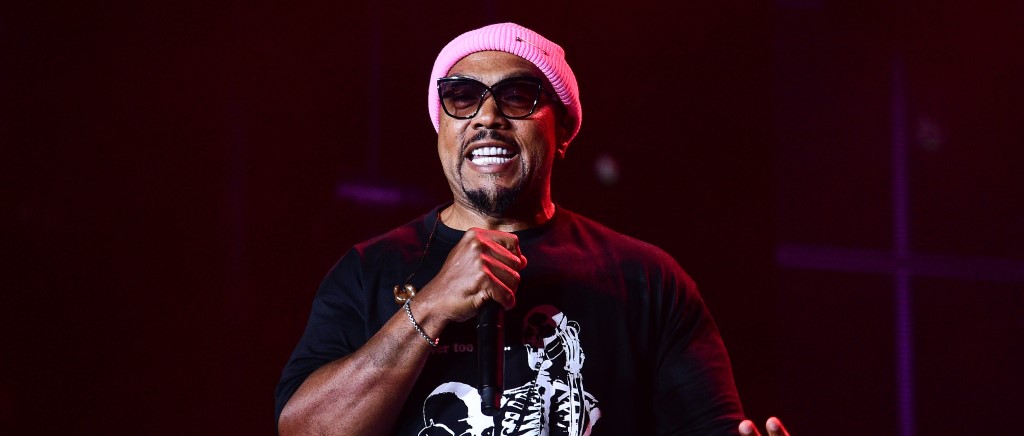
Over on TikTok, various AI-powered filters have become all the rage. With the skyrocketing popularity of anime in the US, naturally, one of TikTok users’ favorite filters turns them into anime-style illustrations of themselves. But the results aren’t always predictable, as Lil Baby found out recently as part of his brand partnership with Axe Body Spray. As Baby and Axe are producing a manga for their upcoming “Fine Fragrance Collection,” it’s only right that the Atlanta rapper opted to try out the anime filter on TikTok — even if the results were less impressive.
“Let me check this out,” he says, as he fires up the filter. Unfortunately, the illustration it generates is … well … look, there’s a reason nobody wants AI writing scripts or making songs just yet. Baby’s reaction sums it up best: “Aw, HELL naw!” he exclaims. You can see it for yourself below:
@lilbaby Make me look good y’all & buy @AXE @Walmart b4 6/15 to get Shonen Baby AXEPartner
Baby will have plenty of time to catch up on his favorite anime and manga when he goes on his It’s Only Us Tour at the end of July. With two months’ worth of travel ahead of him, now’s the best time for him to stock up on reading/viewing material for the road. His Axe manga, Shonen Baby, is due on 6/11.






 (@thoughtfulbae)
(@thoughtfulbae)  (@MrBusby4o8)
(@MrBusby4o8)  (@lavoyce)
(@lavoyce) 
 (@Slakonbothsides)
(@Slakonbothsides) 
